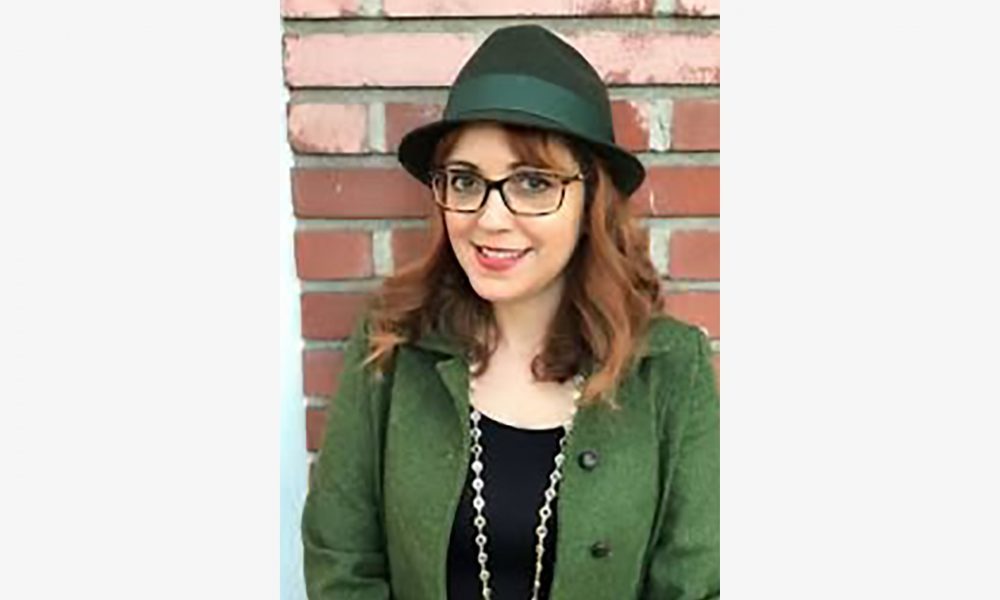In August 2015, I was part of a bipartisan group of young Iranian-American Jews from Los Angeles who met with Representative Ted Lieu. It might sound surprising, but this group of Jewish millennials was attempting to convince the congressman to take a stand against President Barack Obama.
My background isn’t one that comes to mind when people talk about American Jewish millennials. At age seven, I escaped from Iran with my family and gratefully abandoned my mandatory hijab—the Islamic head covering that all females, regardless of religion, are forced to wear there. After the 1979 Islamic Revolution, which officially turned the country into a sharia-abiding Shiite theocracy, tens of thousands of Iranian Jews were granted refugee asylum in the United States. My family and I arrived in 1989. I grew up in an extremely close-knit, traditional community with a deeply defined Jewish identity, as did many of my peers.
I’ll never forget that conversation with Lieu. At the time, he and some other Democratic representatives were still on the fence about Obama’s Joint Comprehensive Plan of Action (JCPOA), also known as the Iran nuclear deal. As Jews who had escaped Iran, our group felt a moral imperative to ensure that Lieu and other elected officials understood Iran’s genocidal threat. We wanted him to vote against the deal, even at the risk of breaking away from party and presidential lines.
Persian Jews comprise about one-fifth of the population in Beverly Hills, which is in Lieu’s district, but when I asked the congressman whether his constituents had reached out to him regarding the JCPOA, he confirmed that his office had been flooded with passionate voicemails and emails—from presumably Ashkenazi residents who demanded that he vote for the Iran deal. And there we had it: two distinct groups of Jews—Iranians and Ashkenazim—both well-meaning, with seemingly opposite views on how America should deal with the world’s biggest state sponsor of terrorism.
There was a great deal to talk about with Lieu. Pregnant and tired, I waddled into his office and listened as our group discussed centrifuges and horrifying human rights abuses. When the time was right, I pointed to my protruding bump and told Lieu that the U.S. Capitol Building was hallowed ground for my family and me, because it was there that the United States had passed the Refugee Act of 1980. “Before I was even born,” I said, “a compassionate, forward-thinking country passed legislation that eventually allowed a persecuted Jewish girl to escape Iran and grow up as an American. That was the defining moment for my family. And now we will have a new family, and I need to know that I can teach this child—this first-generation American—that the men and women who serve in that same building once again stood on the side of clarity and forward-thinking protection. Please, please reject the Iran deal.”
I believe the American Jewish community is now witnessing the rise of a new generation of Mizrachi voices—those of us who hail from the Middle East and North Africa, or whose parents or grandparents escaped Arab and Muslim countries that treated Jews as second-class citizens. In the second half of the 20th century, nearly 850,000 Jews fled or were expelled from Arab or Muslim lands. Many of us younger Mizrachim prioritize different policy issues from the average Ashkenazi, let alone millennial, Jew in America.
For example: In January 2017, while most of my Ashkenazi female friends donned pink hats at women’s marches nationwide, I was calling the offices of representatives on the House Foreign Affairs Committee and expressing concern that the looming threat of Iranian-backed attacks against Saudi Arabia would inevitably drag the United States (and a seemingly trigger-happy new president) into war with Iran.
Should I have attended the Women’s March? Perhaps, but I was losing sleep over the possibility of Iranian terrorist cells being activated in the United States. Also, the march was held on a Saturday, and I adhere to the laws of Shabbat that forbid driving and using a phone. In general, the Mizrachi community skews more traditional, maybe because of our experiences living under unapologetic anti-Semites.
For many young Mizrachi-American Jews, foreign policy issues are far more complex given that our bodies are in the West, but our hearts (and our family trauma) are still painfully rooted in the East. Today, many (though not all) young Mizrachi-Jewish Americans might entreat their elected officials to take a harder line with murderous dictators from Tehran to Damascus, and to protect the Kurds from hideous annihilation. But back home, whether in Beverly Hills or the boroughs of New York, we follow the Trump administration’s policies regarding immigrants and refugees with the alarmed empathy of people who know the incomparable blessing of having been redeemed by this country.
That explains why in 2017 I was advocating again, this time on behalf of innocent Iranians who were desperately trying to escape Iran but were facing unparalleled hardships in overcoming Trump’s travel ban.
In September 2019, the administration slashed the annual refugee cap to 18,000, which means that the United States is no longer the world’s greatest protector of refugees. In 1989, the year my mother received that glorious stamp on her Iranian passport that read “Admitted as a Refugee,” that number was closer to 100,000. To me, that’s heartbreaking.
As for Ted Lieu, he courageously voted against the Iran deal back in 2015, but he has also been an outspoken critic of President Trump’s immigration policy. As an eternally grateful refugee, I might have to schedule another visit to his office in the coming months. We have a lot to pore over.
Tabby Refael is a Los Angeles-based writer, speaker, and civic action advocate, as well as a weekly columnist for LA Jewish Journal.

